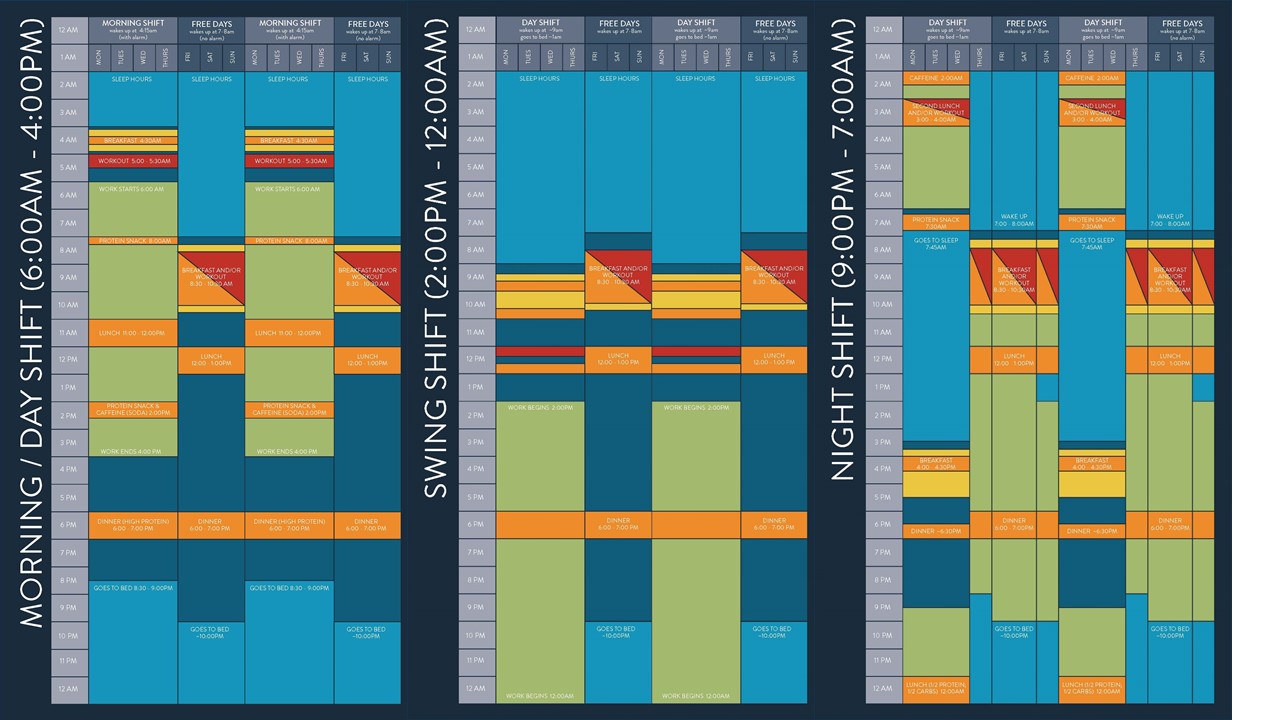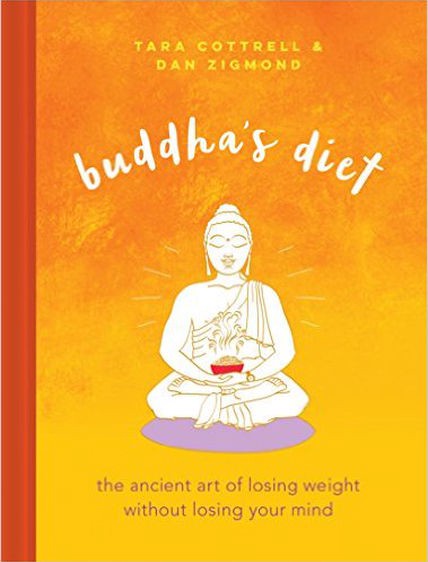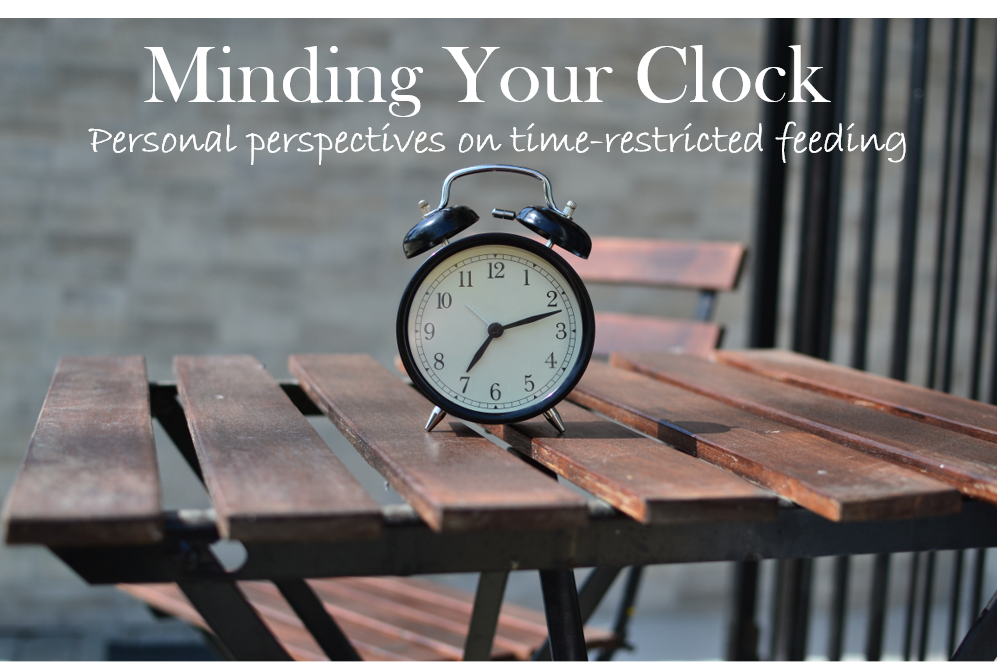More and more students find themselves staying up late in order to complete assignments, study for tests, make time for a job, or maintain a social life. In our previous blog, Clocks in College, we discussed the notion that many students experience circadian disruption without realizing the full implication that it has on their health. Most students understand on some level that this fluctuating schedule can have negative effects (they are tired, experience more anxiety, etc) but rarely do students realize that disruption of their circadian rhythm is increasing their risk for many metabolic diseases (see our blog: Biological Clocks). Even more surprising, is that most students have no idea how much their own study schedule could be impacting their ability to learn.







